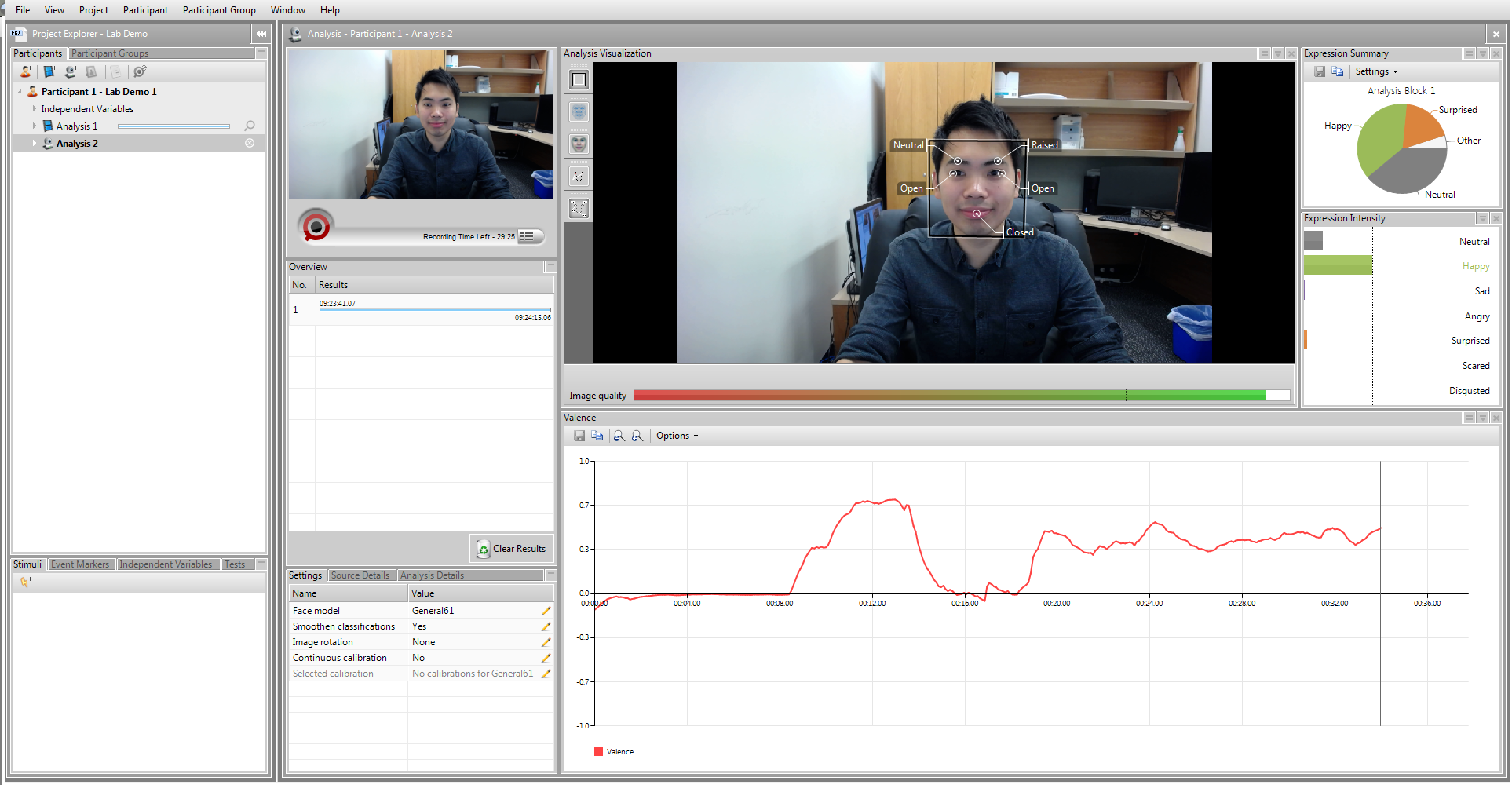Consumer Trends for 2019

by Dr Billy Sung
Lecturer
Research Head of Consumer Research Lab
Curtin University
Much of the research has shown that firm innovativeness is a key predictor of firm success, value, and financial position (Rubera &
Kirca, 2012). This is unsurprising given that many successful brands such as Zappos and RedBull are known to ride the wave of technological
disruption. As part of the WA Leaders Alumni Workshop, Dr Billy Sung laid out what he expects to be the key trends that businesses should
take action for 2019.
Experiential Marketing and Consumer Biometrics
Eventbrite shows that “81% of Millennials and 72% of Generation X choose to purchase an experience rather than an item.” Immersing consumers into a brand with a personal, memorable, and emotional experience such as an event has become an important part of marketing. Experiential marketing is not new, but technologies have taken it to a whole new level. Virtual reality and augmented reality, for instance, allow brands to create more immersive storytelling and content such as live videos of the brand’s activities. Consumer biometrics such as facial expression and brainwave analysis have also opened up new ways for brands to accurately measure consumers’ emotions, a key predictor of successful experiential marketing campaigns. In fact, research conducted by the Consumer Research Lab at Curtin University uses biometrics to accurately track consumers’ attention, subconscious feelings, and engagement toward every second and every element of a campaign.

Facial expression analysis accurately measures consumers’ emotional responses and provide unprecedent insights into the design of experiential marketing campaigns
Chatbots
Machine learning, deep learning, artificial intelligence (AI) are the latest buzzwords. But what are the imminent trends or applications that a business needs to consider? Chatbot is an automated computer system designed to simulate online conversations with human users. With the rise of messaging applications such as Facebook Messenger, brands are expected to communicate with their customers on a one-to-one and instantaneous manner. Chatbot allow businesses to provide an interface for customers to receive a quick answer, resolve complaints, and seek product offerings amongst other value-deriving activities. Many off-the-shelf chatbot options are available and these computerised conversational agents are becoming a part of consumer expectations in this digital age.
Voice Search
With the rise of AI assistants, smart speakers, and other smart devices, Gartner predicts that “30% of all searches will be voice searches by 2020.” Voice search or the use of vocal commands and personal digital assistants to handle search queries will become a dominant trend in search engine optimization (SEO) if not marketing in general. Most marketers acknowledge the importance of SEO, but voice search sets an even higher expectation as it only returns the top one to three most relevant results. To embrace these imminent disruptions, businesses need to engage in local SEO and start considering the design of voice experience in these audio-only interfaces.
Please contact Dr Billy Sung if you are interested to know more about the discussed trends, the cited research, or the Consumer Research Lab at Curtin University. Email: billy.sung@curtin.edu.au or Phone: 9266 9585

